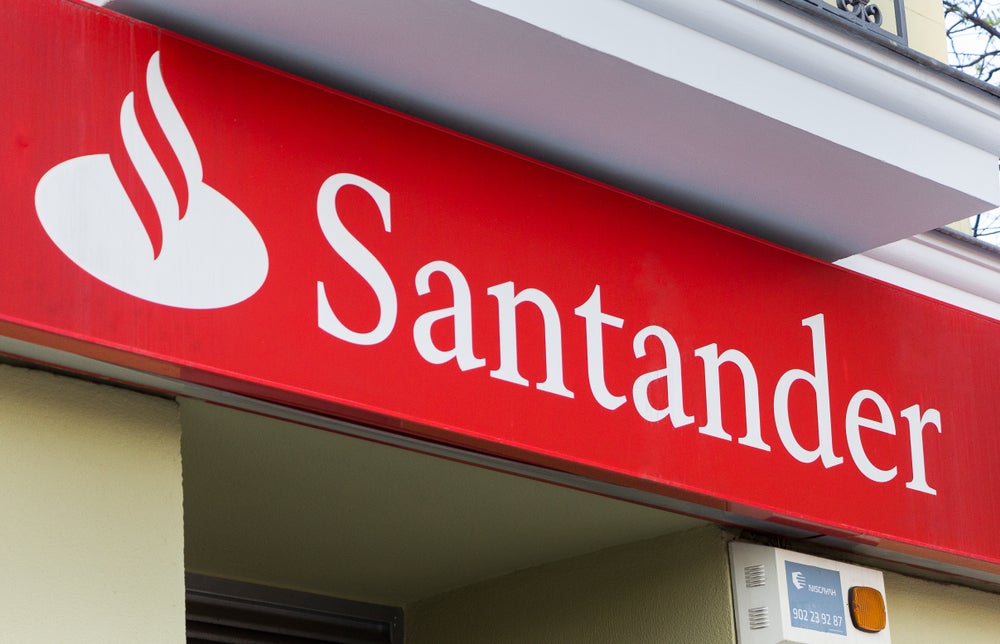The Securities and Exchange Commission has announced charged against a San Diego-based investment advisory firm and its president for allegedly steering winning trades to favoured clients and lying about how certain money was being spent.
The SEC’s Enforcement Division alleges that J.S. Oliver Capital Management and Ian O. Mausner engaged in a cherry-picking scheme that awarded more profitable trades to hedge funds in which Mausner and his family had invested.
Meanwhile they doled out less profitable trades to other clients, including a widow and a charitable foundation. The disfavoured clients suffered approximately US$10.7 million in harm.
The SEC’s Enforcement Division further alleges that Mausner and J.S. Oliver misused soft dollars, which are credits or rebates from a brokerage firm on commissions paid by clients for trades executed in the investment adviser’s client accounts. If appropriately disclosed, an investment adviser may retain the soft dollar credits to pay for expenses, including a limited category of brokerage and research services that benefit clients.
However, Mausner and J.S. Oliver misappropriated more than US$1.1 million in soft dollars for undisclosed purposes that in no way benefited clients, such as a payment to Mausner’s ex-wife related to their divorce.
Marshall S. Sprung, co-chief of the SEC enforcement division’s asset management unit, said: "Mausner’s fraudulent schemes were a one-two punch that betrayed his clients and cost them millions of dollars. Investment advisers must allocate trades and use soft dollars consistent with their fiduciary duty to put client interests first."
How well do you really know your competitors?
Access the most comprehensive Company Profiles on the market, powered by GlobalData. Save hours of research. Gain competitive edge.

Thank you!
Your download email will arrive shortly
Not ready to buy yet? Download a free sample
We are confident about the unique quality of our Company Profiles. However, we want you to make the most beneficial decision for your business, so we offer a free sample that you can download by submitting the below form
By GlobalDataThe SEC also charged Douglas F. Drennan, a portfolio manager at J.S. Oliver, for his role in the soft dollar scheme.
According to the SEC’s order instituting administrative proceedings, Mausner engaged in the cherry-picking scheme from June 2008 to November 2009 by generally waiting to allocate trades until after the close of trading or the next day. This allowed Mausner to see which securities had appreciated or declined in value, and he gave the more favorably priced securities to the accounts of four J.S. Oliver hedge funds that contained investments from Mausner and his family.
Mausner profited by more than US$200,000 in fees earned from one of the hedge funds based on the boost in its performance from the winning trades he allocated. Mausner also marketed that same hedge fund to investors by touting the fund’s positive returns when in reality those returns merely resulted from the cherry-picking scheme.
According to the SEC’s order, the soft dollar scheme occurred from January 2009 to November 2011. Mausner and J.S. Oliver failed to disclose the following uses of soft dollars:
- More than US$300,000 that Mausner owed his ex-wife under their divorce agreement.
- More than US$300,000 in "rent" for J.S. Oliver to conduct business at Mausner’s home. Most of this amount was funneled to Mausner’s personal bank account.
- Approximately US$480,000 to Drennan’s company for outside research and analysis when in reality Drennan was an employee at J.S. Oliver.
- Nearly US$40,000 in maintenance and other fees on Mausner’s personal timeshare in New York City.
According to the SEC’s order, Drennan participated in the soft dollar scheme by submitting false information to support the misuse of soft dollar credits and approving some of the soft dollar payments to his own company.
The SEC’s order alleges that J.S. Oliver and Mausner willfully violated the antifraud provisions of the federal securities laws and asserts disclosure, compliance, and recordkeeping violations against them. The SEC’s order alleges that Drennan willfully aided, abetted, and caused J.S. Oliver’s fraud violations in the soft dollar scheme.








